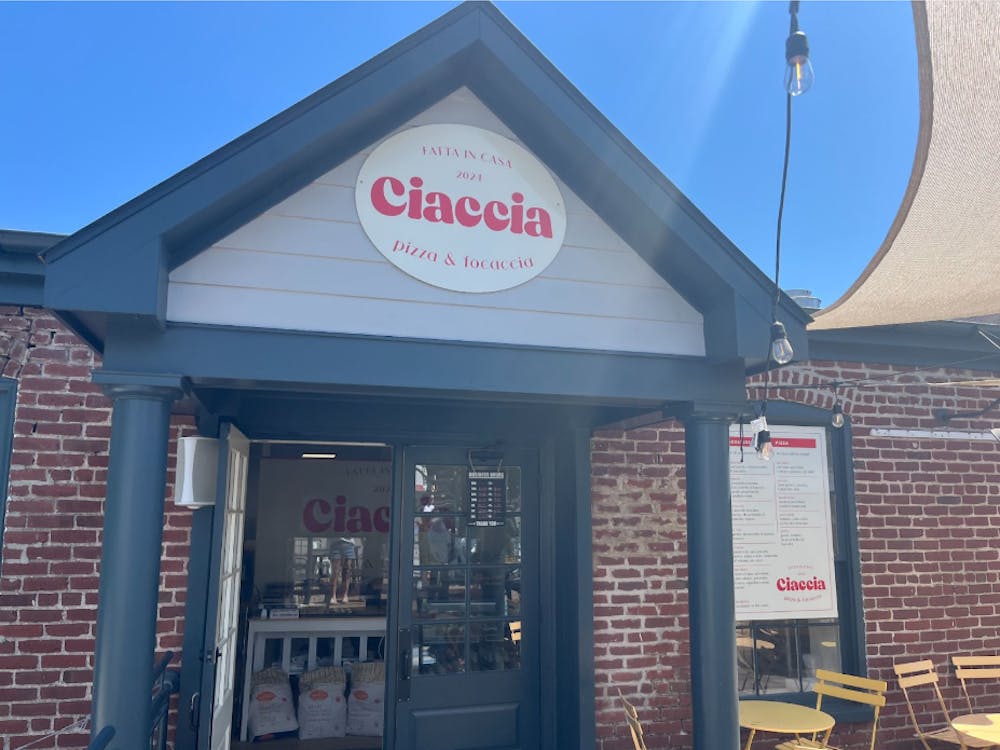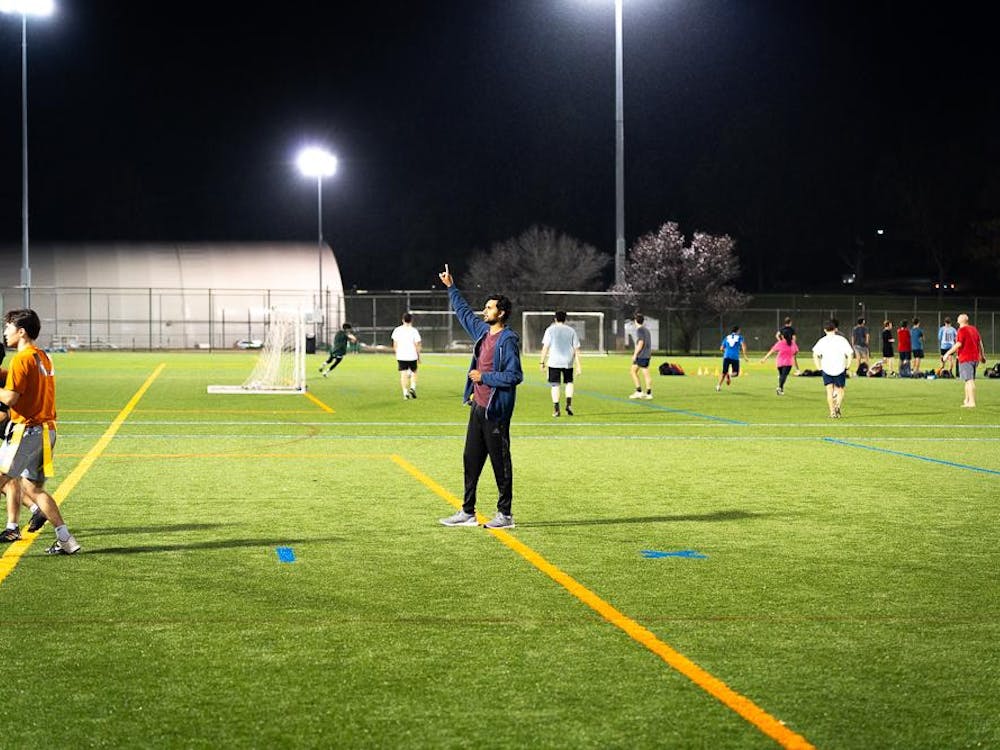As spring semester begins, another class of University fourth years return to school in good spirits. Memories of enjoyable vacations, hours of extra sleep and pleasant times with family -- for the most part -- are fresh in their minds, and most are eager to soak up their last semester of undergraduate life. The beginning of their final term of courses at the University is usually met with excited anticipation and maybe even some preemptive nostalgia -- that is, until it's time to face all those little kinks in class schedules created back in November and forgotten over the holidays.
Now is the time when those unresolved, previously minor administrative problems stare some students in the face, maybe even acting as a roadblock on the path to graduation. When confronted with scheduling problems ranging from an overloaded ISIS, unfulfilled major requirements, looming add/drop deadlines and inflexible professors, it's easy for the panic to kick in.
Fourth-year College student Julia Watson knows the frustration of attempting to get into full classes all too well.
"This semester I've had more [registration] problems with my professors, and it took all of them a week to e-mail me back just to tell me they couldn't add me in. It's also ridiculous that you have to sit at your computer for three straight days just to get a spot in a class."
Watson said she is annoyed with what she feels nearly every student at the University has had to deal with at some point: the nuisance of having to repeatedly attempt to add a class on ISIS, in the hopes of getting a free spot the moment after someone else drops it.
To deal with this add/drop dilemma, certain crowded departments, such as Spanish, Economics and Politics, have created online waitlists to help students get into classes that fill up quickly. If a spot opens up in a previously full course, the waitlist will automatically offer the spot to the student on the top of the list via e-mail, giving them 24 hours to accept or turn down the spot.
Fourth-year College student and Economics major Andrew Roberts said he approves of the online waitlist used by the Economics department.
"It was much easier to sign up for waitlists through a Web site than to e-mail a bunch of professors who may or may not get back to you, and who may or may not actually have an organized waiting list," Roberts said.
Online waitlist systems are far from perfect, though. Some students dislike the fact that they can't view how high up on the waitlist they are, thereby making it difficult to estimate their chances of getting into the course.
Additionally, not all professors are attentive to specific needs. Fourth-year College student and Spanish major Christy Barton dislikes the waitlist for that very reason and the general impartiality of the system.
"You don't even have to show up to the class or show any interest to get in through the [online] waitlist, and a professor I dealt with appeared to be unsympathetic to any special circumstances," she said.
For many fourth years, small classes are desirable because of the individual attention a student receives. Spots in these favored small classes, therefore, often seem to be the most unattainable. Newswriting, for example, a popular course in the English department, only has three sections, two of which offer only eight spots. In courses like this, it can be nearly impossible to obtain a spot after the first few days of registration.
"For some of my classes, I didn't even bother trying because ISIS already showed an overcapacity before my registration time," said fourth-year College student Rhoda Hernandez, who had difficulty getting into small classes such as Women in the Bible and Cultural Catholicism. "It's kind of annoying.I'm a fourth year, I should be able to take what I want."
For many fourth years, this semester is their last chance to complete requirements needed for graduation, making the need to get into certain classes all the more imperative. Additionally, the option of taking required classes in the summer is much less realistic.
"Some of my professors told me their course was offered in the summer, which doesn't help me to graduate in May!" Watson said. "I think certain professors here have an uncaring attitude."
Roberts, however, was impressed by his Economics professors' prioritization of fourth years, praising their efficient use of the waitlist. The Economics Department waitlist "makes it easier for professors to sort through all the information," he said. "Instead of trying to figure out from a bunch of e-mails who's a fourth year and who just wants to take the class as a diversion from the E-school or something, professors can decide which way will be the most fair and sort students that way."
Individual professors' attitudes are without doubt important determinants regarding course-size flexibility, and in a school as large as the University these attitudes can vary from one extreme to the other. On various first days of courses, students may hear professors say anything from, "I'll do whatever it takes to get an interested student in my class," to, "If you're not registered with ISIS, leave." Since several courses admit students based solely on instructor permission and course action forms require a professor's signature, a professor's personal policy is frequently a key factor.
"Professor Carl Roskott let me into his already full 20th century symphonic music course," Hernandez said. "He remembered me from last semester, but it was also because he has a genuine interest in the subject and wants to share it with others who are truly interested."






